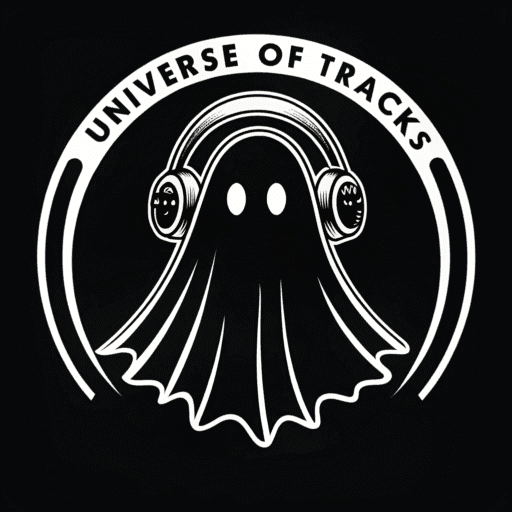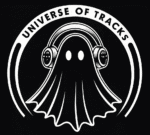How to Use AI Ethically in Music Production: A 2025 Guide
Artificial intelligence is no longer a futuristic concept—it’s in our DAWs, our plugins, and on our desktops. With platforms like Suno and Udio generating entire songs from a text prompt, the music world is facing a critical question: are we replacing creativity or enhancing it?
The debate is polarizing. Some artists fear devaluation, while others see a new frontier of tools. At Universe of Tracks, we believe the future isn’t about choosing between human and machine; it’s about establishing a partnership. Here’s a practical framework for using AI ethically and effectively in your music production workflow.
The Core Principle: AI as an Assistant, Not the Artist
The most ethical and sustainable approach is to treat AI as a hyper-intelligent, tireless assistant. It can do the heavy lifting, generate ideas, and break creative blocks, but the final vision, emotion, and artistic direction must remain human. The “soul” of the track comes from you.
1. Use AI for Inspiration, Not Imitation
Creative blocks are real. Instead of staring at a blank piano roll, use AI as a starting point.
- Melody & Chord Progressions: Ask an AI tool to generate a simple chord progression in a specific key or a few melodic ideas in a certain style. Don’t take the first thing it gives you. Instead, listen to ten variations, find a pattern you like, and then re-play and adapt it yourself. Change the rhythm, invert the chords, and make it your own.
- Lyric Ideas: If you’re stuck on a theme, ask an AI for lyrical concepts or rhyming words. Use these as a springboard to write something personal and meaningful.
2. Use AI for Technical Workflow, Not Creative Decisions
Some of the most powerful uses of AI are in tedious, technical tasks, freeing you up to focus on creativity.
- Sound Design: Instead of spending hours tweaking knobs, you can use AI-powered synths (like those in Arturia’s Pigments or iZotope’s Iris 2) to generate unique patches based on descriptive words like “dark,” “plucky,” or “ethereal.”
- Mixing & Mastering Assistants: Tools like iZotope Ozone and Neutron use AI to suggest starting points for your mix or master. They can identify masking frequencies or set a basic EQ curve. The key is to see this as a suggestion. An expert engineer will always use these suggestions as a starting point and make final adjustments by ear.
3. Transparency is Non-Negotiable
This is the most important rule. If AI was a significant part of your creative process, your buyers and listeners deserve to know. Hiding it creates distrust. Embracing it shows you’re a modern, forward-thinking producer.
On Universe of Tracks, we’ve implemented a simple but crucial feature: an “AI-Assisted” declaration. Producers who use AI as a tool are encouraged to flag their tracks accordingly. This builds confidence for the buyer and creates a new standard of honesty in the industry. It certifies that while technology played a role, the core track is a work of human ingenuity.
Conclusion: The Future is Human-Centric
AI is a powerful tool that is here to stay. By using it as a creative partner for inspiration and a technical assistant for workflow, we can push our music to new heights without losing our artistic soul. The key is to remain the director, the curator, and the artist at the heart of the project.
Ready to explore tracks created with this modern philosophy? Browse our catalog of unique, certified ghost tracks or learn more about our AI philosophy.

